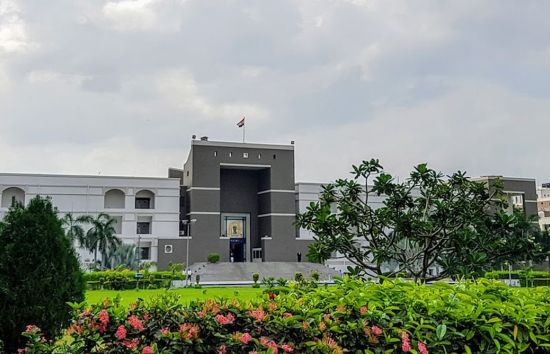Shashwati Chowdhury
Published on: July 12, 2022 at 19:32 IST
In the Public Interest Litigation (PIL) petition challenging a resolution by the State’s Department of Education mandating the study of the Bhagavad Gita for students in classes 6 through 12 in the upcoming academic year, the Gujarat High Court on Monday served notice to the State and Central governments.
While seeking the government’s response to the plea filed by Jamiat Ulama-e-Hind, a Bench comprising Chief Justice Aravind Kumar and Justice Ashutosh J. Shastri denied to entertain the petitioner’s request for a stay of the resolution’s implementation.
According to the petition, the resolution was an colourable use of power that violated Articles 14, 28, and other fundamental rights and went against the principle of secularism, a basic feature of the constitution.
It was submitted that the resolution violated Article 28 of the Constitution, which provides that no teaching of religion shall be provided in educational institutions that are wholly maintained by state funds.
The petitioners emphasized their concern that teaching only one religion to students would have the effect of indoctrinating impressionable young minds with the idea that one religion is superior to others, which would then affect the exercise of free choice and conscience guaranteed by Articles 21 and 25.
It was also argued that although the National Education Policy (NEP), upon which the resolution allegedly drew inspiration but the reliance was misplaced, NEP did not prescribe the teaching of the Gita or any other holy text.
Additionally, it was argued in the plea that the resolution’s treatment of one faith above another violated constitutional morals.
The PIL further emphasised that the basic values of equality, fraternity, and justice as embodied in the Preamble of the Constitution must be taught in a secular state.
With this, the petitioners requested a stay of the challenged resolution. The case was listed for a second hearing on August 18, 2022, by the Division Bench.

